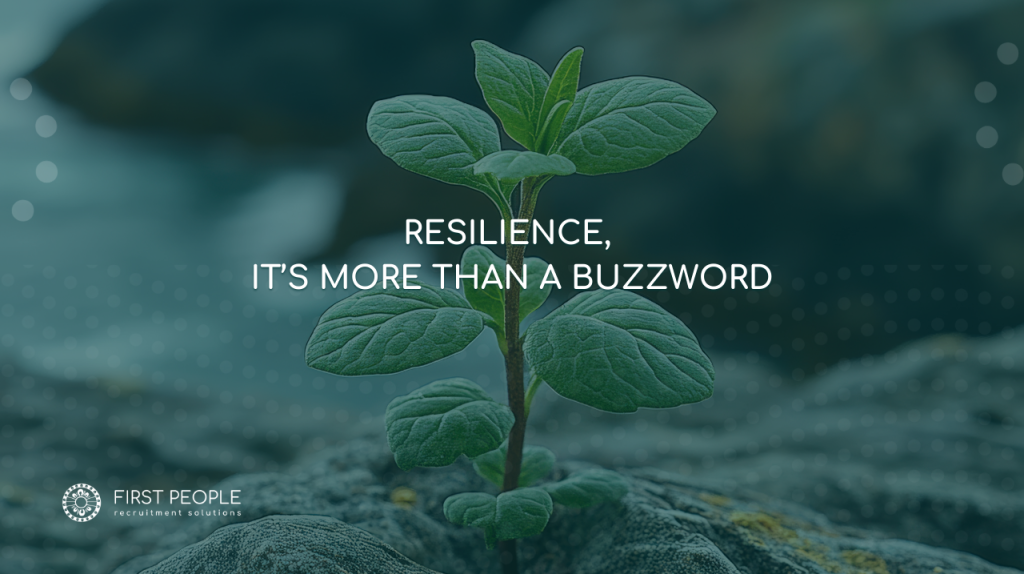The younger generations in Australia are grappling with significant stressors that hinder their ability to enjoy the core experiences of youth. Economic pressures, job insecurity, educational hurdles, housing instability, and concerns about the future are major factors contributing to their distress.
A 2022 survey by The Monash Centre for Youth Policy and Education Practice highlights the severity of these issues. The survey revealed that nearly half (45%) of young Australians aged 18 to 24 feel deprived of the freedom typically associated with being young. This sense of deprivation is driven by several key factors:
Financial insecurity is a significant concern for Generation Z. According to the survey, 69% of respondents frequently worry about not having enough to eat, 60% regularly face financial difficulties, and 51% are unemployed. These statistics underscore the economic instability affecting many young Australians today.
Moreover, the lack of sufficient government support exacerbates these issues. More than half of the respondents believe that support for mental health (56%), education (55%), and employment (51%) is inadequate.
This lack of support leaves many young Australians feeling vulnerable and unsupported in their efforts to achieve financial stability and career success.
Redefining Youth and Identity
Monash University academics Lucas Walsh, Blake Cutler, Thuc Bao Huynh, and Zihong Deng, writing for The Conversation Australia + NZ, stress that youth is more than just a series of milestones. Young Australians see it as a time for discovering the world, learning and unlearning, and continuously shaping their identities.
However, achieving traditional milestones, such as moving out of home, is becoming increasingly difficult. Australia’s rental shortage and rising living costs make it challenging for young people to gain independence and establish their own households. This difficulty in achieving independence further compounds their stress and sense of missing out.
To address these issues, a multifaceted approach is necessary. Employers, educators, policymakers, and community organisations must work together to create supportive environments that empower young people.
Creating Opportunities for Engagement: Employers can play a crucial role by offering internships, apprenticeships, and entry-level positions that provide meaningful work experiences. These opportunities not only help young people gain valuable skills but also foster a sense of purpose and direction.
Enhanced Support Services: Government and community organisations need to provide more robust support services for mental health, education, and employment. This includes accessible mental health care, affordable education opportunities, and effective job placement programs.
Financial Literacy and Assistance: Offering financial literacy programs and assistance can help young people manage their finances better and alleviate some of their economic stress. Scholarships, grants, and affordable housing initiatives can also provide much-needed relief.
Encouraging Personal Growth: Educational institutions and community programs should focus on holistic development, encouraging young people to explore their interests, develop new skills, and build a strong sense of identity.
Young Australians are facing significant challenges that hinder their ability to fully experience the joys and freedoms of youth. By understanding and addressing these issues, we can help create a more supportive and empowering environment for the next generation.



